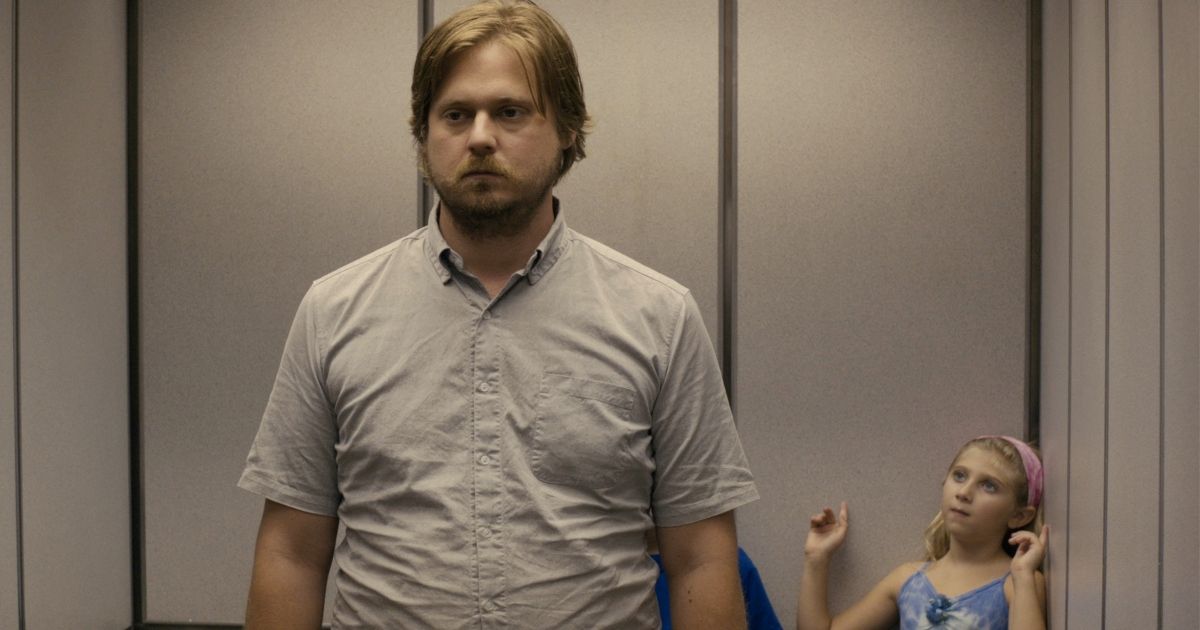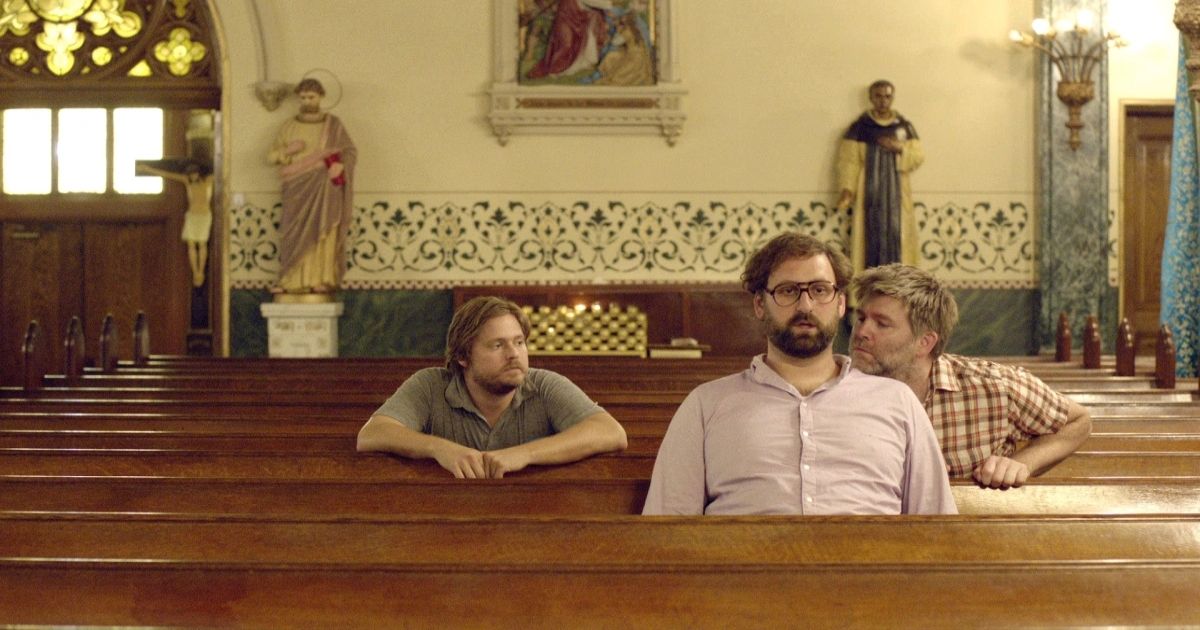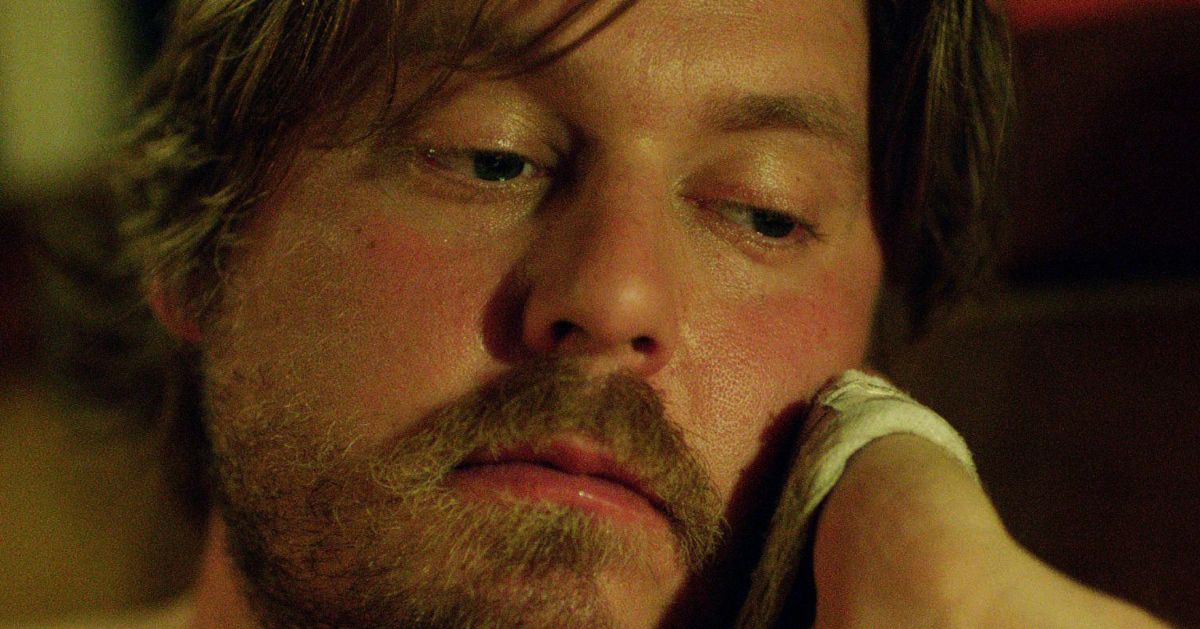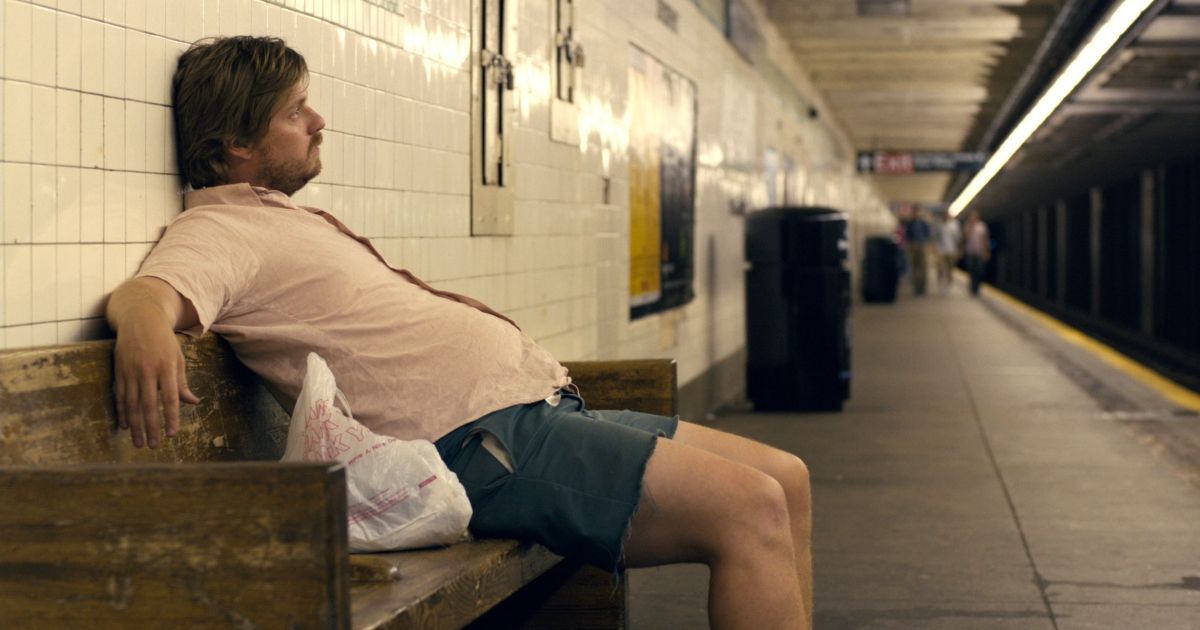The Comedy is a 2012 film directed by Rick Alverson. Starring Tim Heidecker, Erick Wareheim, James Murphy (of the band LCD Soundsystem), Kate Lyn Sheil, and Gregg Turkington, we might actually recognize a few of them as brilliant comedians. Heidecker and Wareheim make up the Tim and Eric comedy group (Tim and Eric's Awesome Show! Great Job, Tom Goes to the Mayor), Wareheim directs comedy shows like Master of None, and Turkington is a cult stand-up comedian who sometimes goes by Neil Hamburger, and also worked with Heidecker on the brilliant On Cinema universe and Decker.
From seeing such comedic faces, we might initially think that The Comedy is, of course, going to be a comedy. Although, what is actually brilliant about this movie is its use of comedic effect for actually quite a sad story, a devastating commentary on irony, cynicism, and the hopelessness of modern generations.
The movie follows Swanson (Heidecker), who is upper class yet actually feels deep resentment about his wealthy life and upbringing. He lives on a boat, where he floats through time partying and traipsing the streets of Brooklyn with his other hipster friends, attempting to use humor to taunt and mock people that he comes across. We learn quite early on that Swanson's father is in a coma, meaning that he gets to inherit his estate, but he seems to regard it all with disgust. On top of that, it also comes to light that he has a brother who is institutionalized for unknown reasons to us.
So, really the only family member he is in contact with is his sister-in-law, who he seems to share a mutual resentment with. Even from the get go, we can tell that the story to follow is deep, meaningful, and actually rather saddening. The humor may be used to make light of quite dark moments from time to time, but it's also exposed as a depressing attempt to distance oneself from emotions and vulnerability. Let's take a look at what happens when funny people make a desperately sad movie.
Swanson's Comedy Causes Problems
The Comedy does not appear to have a clear narrative with a direction. Instead, we are brilliantly shown a messy assemblage of a messy life. We watch Swanson's behavior towards his journey of intentionally putting himself in sticky situations, like purposely making offensive jokes to make strangers uncomfortable, which perfectly represents the fact that his head is clearly not in the most stable of positions. He hates himself in a way, inviting criticism and anger, but that self-loathing is turned inside out, and all he seems to want to do is upset everyone.
Even his close friends just communicate in dark, pointless jokes. He and his buddies mock their other friend Cargill when he shares his feelings that they are important to him, and we realize how terrified of emotions, connections, relationships, and genuine sentiment Swanson and his postmodern, hyper-ironic friends are. They are nihilistic, against seriousness, against vulnerability, against love, against everything.
His wobbly journey continues with reckless decision-making and a twisted sense of humor, quickly losing interest with each offense, flirting with women while praising Hitler, causing a big scene and destroying objects in a church, showing off his wealth and insulting BIPOC bystanders, mocking cab drivers, and so on. What viewers notice is that his behavior is only reckless because he is deeply confused. Like many young people, he doesn't know his place in this broken world, which is ultimately shown by the fact that he grows bored and visits the beach, where he plays in the water with a young child and finds himself genuinely enjoying it.
The Comedy is Sincere About Insincerity
This is arguably because he is still a child, his life unfulfilled — he doesn't enjoy the money that he has grown up surrounded by, he hasn't processed his feelings of his father being in a coma, or the fact his brother is institutionalized, or that he even essentially has no contact with his family. The Comedy is a sincere story of people who can no longer be sincere.
Swanson is a man who uses humor ironically because he is very, very sad. The film perfectly depicts the contemporary struggles of being afraid of sincerity and emotions, and how humor might act as a mask, but it doesn't take away or prevent your feelings coming to the surface. Not only does Swanson have to face some difficult and emotionally hard hitting decisions, but he has absolutely no idea how to do it, having lived a life where money solves all of his physical problems, but not the feeling of his depression.
We Don't Really Know How To Process Emotion
In fact many, viewers will even be able to relate to Swanson. How many times do we laugh in awkwardly inappropriate situations because we don't know how to process serious moments, or we feel embarrassed or nervous? Or how we laugh and turn our trauma into humor instead of crying or allowing ourselves to feel the emotion, because we try to pretend that what is upsetting us isn't actually affecting us?
We do these things almost subconsciously because, as a society, we just don't know how to process weakness, emotional baggage, trauma, or being vulnerable. Sometimes we are told that we don't need to cry, that we'll 'get through it' if we're strong, or to 'toughen up.' Rather, we might find that if we genuinely learn to process those feelings, we could heal in a healthier and genuine way. Then, we use humor and laughter because we're genuinely happy, and our comedy is actually funny and uplifting.
The acting in The Comedy brings these representations to life in a very genuine and meaningful way. As the majority of the movie was semi-improvised, it provides a great sense of authenticity, and Alverson directs it masterfully with melancholic hipster indie rock providing a commentary in tandem with the drab, sad cinematography. In the end, The Comedy shows us the irony of how shallow sarcasm and humor can be ("Sarcasm is the protest of the weak," as John Knowles wrote in A Separate Peace). Viewers should realize that The Comedy isn't effectively a comedy as such, rather a very deep representation of how comedy is sometimes sadly used to cover pain, sadness, and darker feelings. It's not a comedy; it's about comedy, and is brilliant.





